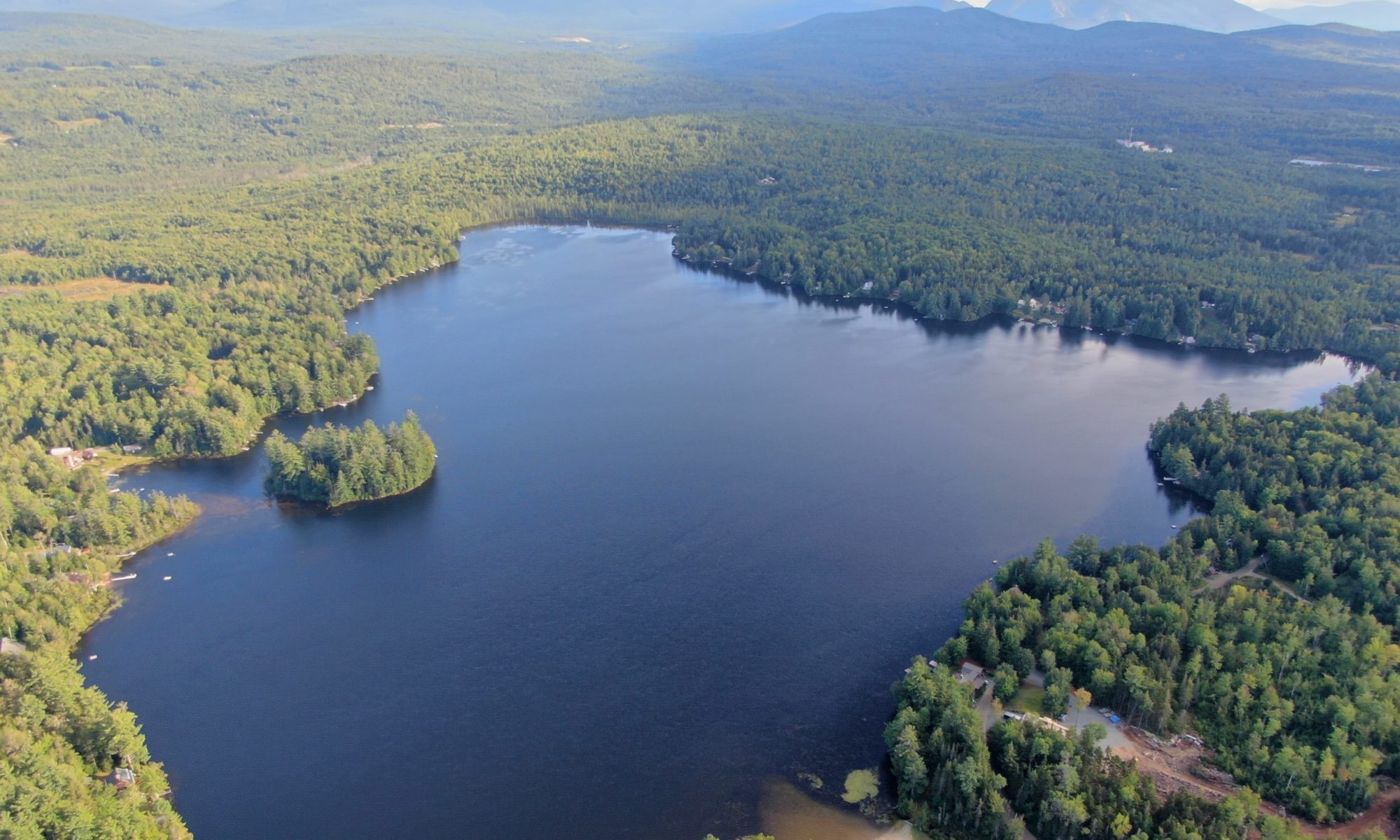Concord, New Hampshire [Sept. 10, 2021] — More than 100 opponents of a proposed massive landfill adjacent to Forest Lake in Dalton rallied Sept. 10 outside the N.H. Dept. of Environmental Services headquarters demanding regulators deny a wetlands permit for Casella Waste Systems’ “Granite State Landfill.”
The event featured remarks from a 12-year-old girl described as a “life-long fan” of Forest Lake State Park and members of Save Forest Lake, the Conservation Law Foundation, Community Action Works and North Country Alliance for Balanced Change.
In addition, the rally was co-hosted by the NH Sierra Club and attended by scores of folks who traveled from the North Country, the Seacoast and communities in between to have their voices heard.
The rally-goers message was clear: DES must abide by its own regulations and issue a denial of Casella’s wetland application that calls for the destruction of 17 acres of
irreplaceable wetlands, clear-cutting 177 acres of forest and degradation of the Alder Brook stream system that flows into the nearby Ammonoosuc River.
“New Hampshire does not have a landfill capacity crisis but it does have a growing out-of -state trash problem,” said Wayne Morrison, owner of a residence on Forest Lake and NCABC board member.
An estimated 49% of the garbage, construction waste and other solid waste at the proposed Dalton landfill will come from Massachusetts and other New England states, according to DES.
Morrison revealed data from DES records showing the state has sufficient existing landfill capacity and that the Dalton dump is not needed. He also provided statistics warning that 7,000-gallon tanker trucks filled with toxic landfill leachate, including harmful PFAS, will be plying the mountain roads between Dalton and Concord for decades if the landfill is built.
The leachate is “processed” by the Concord wastewater treatment plant and then released into the Merrimack River, the drinking water for many New Hampshire and Massachusetts’ communities.
Seventh-grader Berkley Parenteau of Dalton spoke of her love of Forest Lake and its nearly 80-year-old State Park and the prospect of a landfill on its border.
“If the landfill is built, it could make everything smell terrible,” she said. “That would be no fun at all! It will hurt lots and lots of wildlife – the animals will get sick from all of the toxic chemicals that will end up in the water from the trash.”
Rally speaker Dr. Adam Finkel, a Dalton resident and Clinical Professor of Environmental Health Sciences at the University of Michigan School of Public Health, said locating a landfill in the White Mountains requires trucking waste from over 100 miles away.
“When, in about 20 years, New Hampshire may find it truly needs one more landfill, it should be located MUCH closer to the cities and towns where the waste is generated,” Finkel said. “I estimate there will be about 30 million additional pounds of CO2 released into the air each year just from the trucks that will have to travel an extra 100 miles or more to reach this remote location.
“Casella says their landfill will reduce CO2 emissions; I would dearly love to see any data that would pass the laugh test on this wild claim.”
Also, speakers said DES must rule on the wetlands permit by mid-November and abide by the rules it set when it compelled public comment and convened a public hearing on all three phases of the landfill.
Recently, DES asked Casella to amend its permit application covering only one phase of the massive project. NCABC board president Eliot Wessler said in a news release that the unprecedented action raises red flags over the impartiality of DES.
“DES is segmenting the process, by looking only at the first phase of what is clearly a multi-phase project,” Wessler said. “We would like to give DES the benefit of the doubt, but the only reason we can think of why DES would do this is to make it easier for DES to defy the evidence and public opinion and permit this ill-conceived project.”



